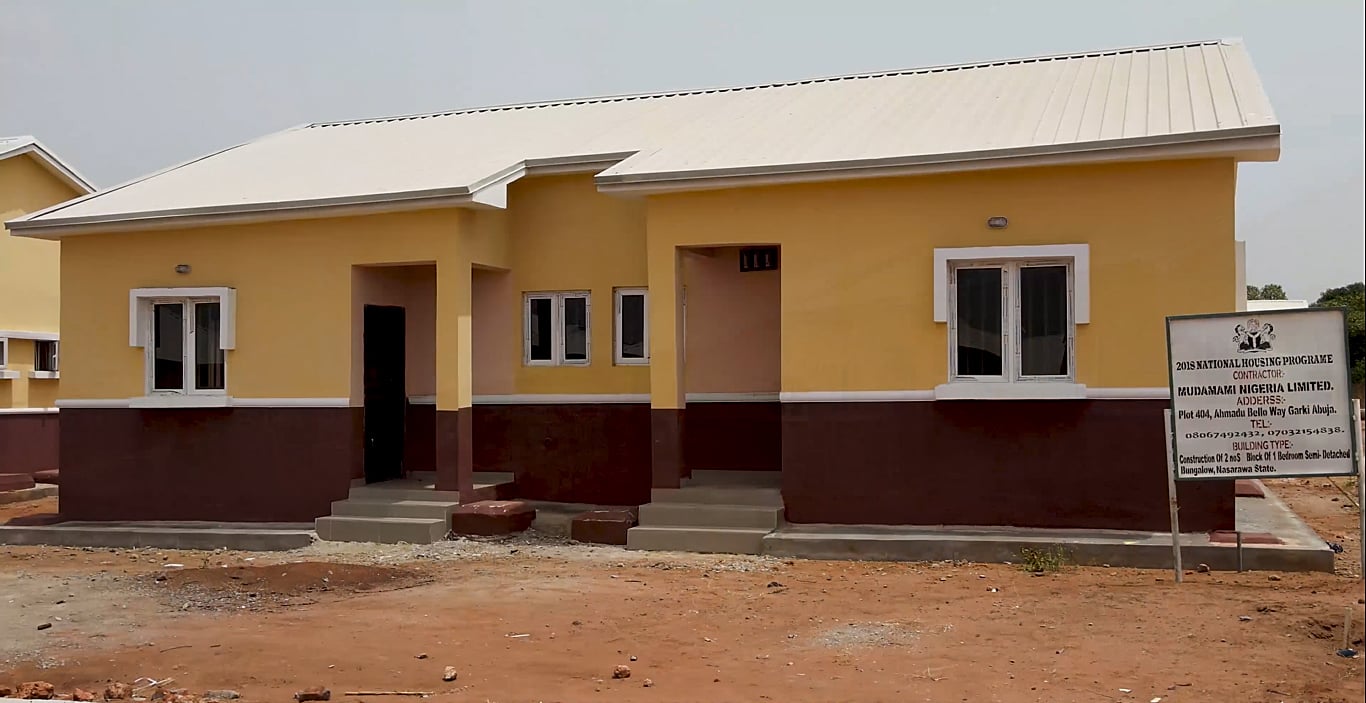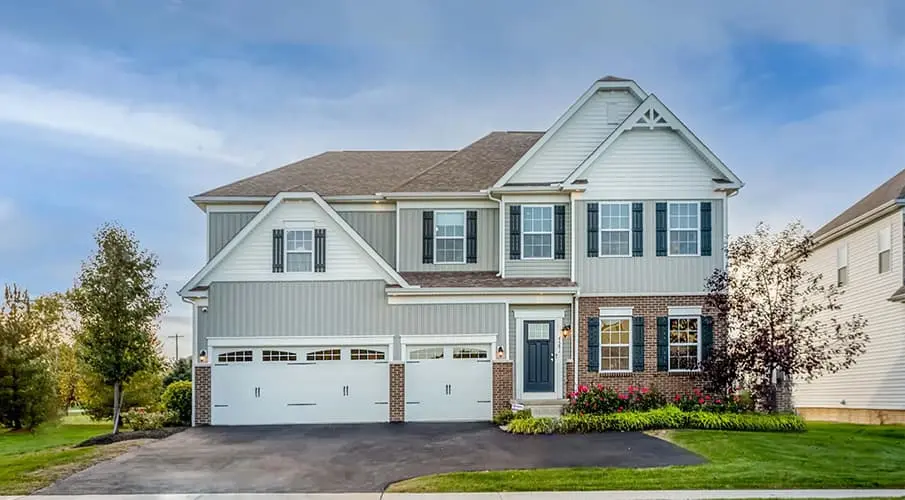ralphzbf011443
ralphzbf011443
Triple web (NNN) Vs. Gross Lease: Guide To Commercial Leases

Single internet, double net, modified gross, oh my!
The world of commercial lease types and accounting is a wild one, complete of varying kinds of contracts and expenditure obligations for both lessees and lessors. In this blog, we’ll discuss the different types of leases, such as net and gross leases, and do some comparative analyses, such as triple net vs gross lease, triple net vs double lease, etc.
Let’s begin by looking at the 2 most basic categories: gross leases and net leases.
A gross lease in industrial real estate is a lease in which the lessee is responsible only for their rent payment. The lessor pays all other operating costs, such as:
– Insurance
– Residential or commercial property taxes
– Energies
– Common location maintenance (WEBCAM)
The lessee pays a single “gross” amount that represents all of these expenditures. Gross rents like this are likewise called absolute gross leases.
Lessees gain from this structure since it indicates that they have more foreseeable month-to-month costs, they do not have to handle handling residential or commercial property operations, and they’re safeguarded from any abrupt boost. However, due to the fact that of the truth that lessors presume the cost of things such as insurance and taxes, the gross amount paid by the lessee is frequently greater.
Variations of gross leases exist, such as a modified gross lease, where the lessee pays some expenses. A full-service gross lease is one in which the lessor covers everything. An expense stop lease has the lessor covering whatever approximately a particular point.
Gross leases are a popular choice for office complex or multi-tenant residential or commercial properties because in these cases it can be hard to different operating costs in between renters.
Net leases are business leases in which the lessee pays a minimum of one of the lessor’s operating costs. The number of and which operating expenditures the lessee is accountable for modifications depending upon the type of net lease, such as single, double, triple, or absolute triple.
In general, a good guideline of thumb is that if the word “net” remains in the name of a lease, it indicates that the lessee will be accountable for at least one type of operating expenditure. In an absolute net lease, the lessee is accountable for all the operating costs connected with a residential or commercial property.
Some advantages of a net lease for lessors consist of:
– Lowered danger
– Increased predictability of earnings
– Fewer management responsibilities
– Greater residential or commercial property value
Benefits for lessees consist of:
– A lower base lease
– Increased control over residential or commercial property operations
– Direct management of costs
– Transparency in running costs
What is a Single Web Lease?
A single net lease is a lease in which a lessee accepts pay one of the 3 primary operating costs in addition to their rent. The operating expenditure for which a lessee is responsible differs depending on the contract, but residential or commercial property taxes are the most typical in this type of lease arrangement.
Lessee obligations for this kind of lease usually consist of:
– Base rent payments
– Residential or commercial property taxes
– Their individual energies and upkeep
Lessor obligations for this type of lease usually include:
– Insurance
– Typical area upkeep (WEB CAM).
– Structural repair work and exterior upkeep.
– Operating costs
Single net leases are beneficial to lessees due to the fact that they normally get a lower base rent than gross leases, have more predictable costs compared to a triple net lease, have less obligation for total structure operations, and have protection from a lot of upkeep costs.
The benefit for lessors is that single net leases transfer the danger of residential or commercial property tax increases to the renter while allowing them to maintain control over building operations and upkeep.
In a Single Net (N) Lease, What Expenditures are Usually Covered by the Lessee, and What is Covered by the Lessor?
The expenses that are paid by a lessee in a single net lease are any rent expenses along with the residential or commercial property taxes. In a single net lease, the lessee only handles among the lessor’s business expenses, which is generally the residential or commercial property taxes. Otherwise, all of the other operating expenditures are still the lessor’s responsibility.
What is a Double Internet Lease?
In a double net lease (NN lease), a lessee is accountable for paying their lease together with 2 of the primary business expenses that would otherwise fall on the lessor. Typically these two expenditures are residential or commercial property taxes and structure insurance coverage payments. A lot of other business expenses fall on the lessor.
Double net leases are useful for lessors due to the fact that they transfer a few of the operating expense threat to the lessee, they have a greater net operating income than if they remained in a gross lease plan, the lessor preserves control over the upkeep of their structure, and they are provided protection from increases in tax and insurance costs.
For a lessee, NN leases have very comparable benefits to single net leases. The big of a double net lease over a single net lease is that the former has a much better balance of responsibilities in between lessors and lessees.
These types of leases are commonly utilized for multi-tenant workplace buildings, medical workplace buildings, and shopping mall.
What is a Triple Net Lease?
Triple internet leases (NNN lease) are leases in which the lessee is accountable for their base lease, but also the residential or commercial property taxes, building insurance coverage, and common area upkeep charges. Typical location maintenance, or webcam, can include any cost related to the upkeep of shared locations of a residential or commercial property which a lessee is leasing.
Benefits for lessors include very little supervisory duties; a really foreseeable income source and, due to this, a greater residential or commercial property value; decreased monetary threat; and typically longer lease terms spanning a years or more.
For lessees, NNN leases offer total control over the operations of a rented residential or commercial property, the ability to direct control over business expenses, and the ability to preserve constant standards throughout areas.
How Do Absolute NNN Leases Differ from Triple Web (NNN) Leases?
An absolute NNN lease, or a bondable lease, is different from a NNN lease in one way. In an outright NNN lease, the lessee is responsible for any structure repair work expenses, such as a roofing replacement or a various type of structural repair work. In a triple net lease, lessees generally are not accountable for this type of expense.
Triple Internet vs Gross Lease
The general distinction in between a triple net and a gross lease is that in a gross lease, the lessor is responsible for paying the business expenses, whereas in a triple net lease, the majority of the operating expenditures instead fall on the shoulders of the lessee.
Lease Type
Ownership Responsibilities
Maintenance & Repairs
Residential or commercial property Taxes
Insurance coverage Costs
Common Location Maintenance
Best For
Renter covers most costs
Tenant responsible
Paid by Tenant
Lower base lease, higher duty
Long-term business occupants, retail areas
Gross Lease
Proprietor covers most expenditures
Greater base rent, less responsibilities
Workplace buildings, short-term leases
Full-Service Lease
Landlord covers all costs
Property manager accountable
Paid by Property manager
Highest base rent, extensive
Premium office, high-end industrial buildings

Need Assist With Your Commercial Lease Accounting?
Don’t be reluctant to call us here at LeaseCrunch. Our group of experts would more than happy to respond to any concerns you have. And if you’re trying to find assistance with your business lease accounting, have a look at our automatic lease accounting software. Our software application lowers typical accounting mistakes while speeding up the general lease accounting process and maintaining compliance with today’s requirements.
Not only do we provide top-tier software, but we pride ourselves on providing all of our clients a boutique-style customer care experience. Any questions you might have will be answered by one of our internal lease accounting professionals, and you will get access to a large range of lease accounting resources along with your use of our software.
Reach out to us today to set up a demonstration and see how LeaseCrunch might conserve your company money and time!
How does a triple web (NNN) lease differ from a double net (NN) lease?
In a triple net lease, the lessee pays three of the primary operating costs that would otherwise be the obligation of the lessor: The structure insurance, residential or commercial property taxes, and common location maintenance charges. In a double net lease, the lessee is only responsible for two of these business expenses.
What is a modified gross lease, and how does it balance obligations in between lessees and lessors?
A customized gross lease is a lease in which a lessee pays some, but not all, of a lessor’s operating expenditures. So leases such as a single or double net lease would fall under the classification of modified gross leases.
What is a Full-Service Lease, and how does it vary from other industrial lease types?
A full-service lease is simply another term for a gross lease. In a full-service lease, or gross lease, the lessor is accountable for all business expenses and the lessee is simply accountable for their lease payment. This is various from other industrial lease types since they can require the lessee to pay for a minimum of one of the business expenses.

Are occupants accountable for any additional costs in a full-service lease after the very first year?
The lessee is responsible for any increasing business expenses after the very first year of the lease. This is called an expenditure stop.




